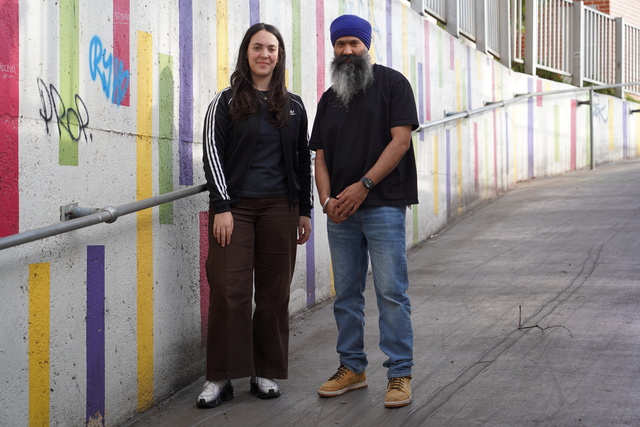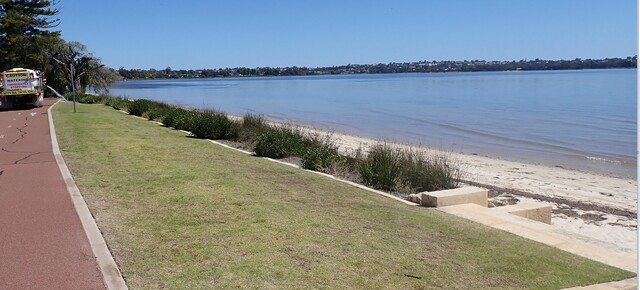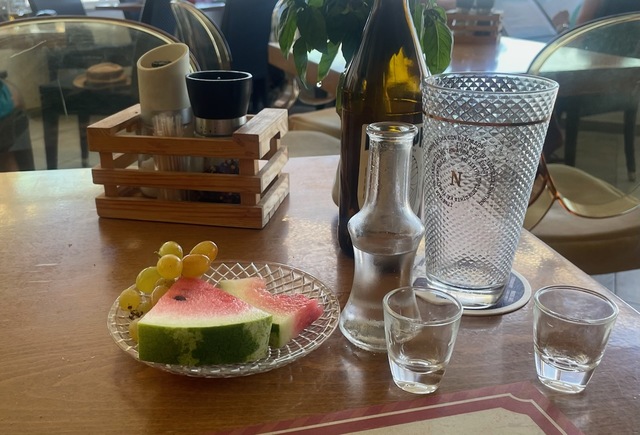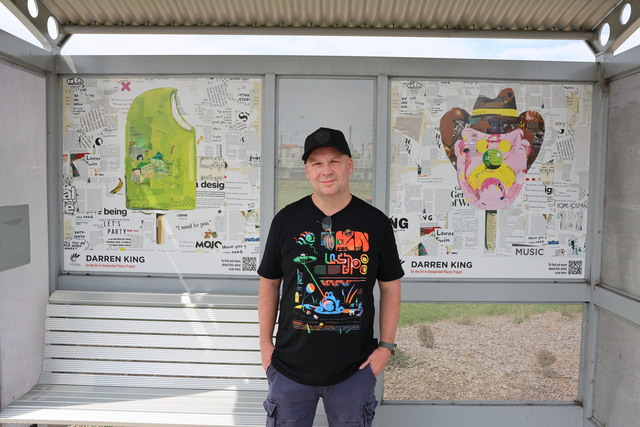Last month, I attended functions with Cockatoo Network members in Rome and Siena, in the heartland of Tuscany. Along the way, my wife, her sister and I did some regional development research along the Amalfi Coast, Italian Riviera, Sicily and Croatia.
I arrived home intrigued by the Italian way of life. Like the French, they are enormously proud of their culture and heritage, built and natural environments, and technological achievements – and rightly so.
But the Italians can be infuriatingly bad at customer service: the concept of queuing is non-existent, getting a rental car takes hours, buying a gelato takes three minutes, the checkout chicks are dysfunctional. And, finding somewhere to rest up after walking kilometres along steep pebbled paths is a nightmare. Indeed, I was sitting on church steps nursing my feet and dreaming of a cold beer.
And Sweet Jesus, it came to me – there must be a conspiracy between the local councils and local businesses to ban outdoor seating. You are subliminally herded to a bar where a waiter stands expectantly. So you sit and order a Peroni and watch the tourists march by. Wimbledon was on, but no TVs. No pool tables. I drain my beer and the waiter looms again. No, grazie!
But before I get catapulted back into the masses, I check my iPhone for the latest on our federal election. Nick Xenophon, Andrew Wilkie and Rev. Tim Costello have joined together on a pokies reform ticket to rein in the social damage of the $19 billion lost annually year by average Australians. I read a response by Australian Hotels Australia that the proposed tightening of poker machine operations would ruin many clubs. This would indeed be a shame if it harmed our RSL and sporting clubs that give people somewhere to socialise in nice surroundings without the commercial pressure I faced in Italy. But the more I think about it, our clubs are a valuable point of difference to Italy and a lot of other nations. They are much under-valued as a place where interstate and international tourists can drop in and experience the local culture and vibe. And their profits go back to the community and worthy social causes!
But privately-owned pubs are a different kettle of fish altogether. There is NO argument for private investors to profit from poker machines. This was acknowledged in the 1970s when the ACT introduced pokies, and it remains the right model in my opinion.
Sadly, there is no talk of the States adopting the ACT model, presumably because of the power and influence of Australian Hotels Association and its private sector members. Woolworths’ management and their many shareholders should be hiding their heads in shame.
Way ahead
Now, this is risky stuff for politicians. The private sector will scream blue murder. But my thinking is that if pokies were phased out of pubs over six to eight years this would allow the private sector to recoup its investments, and pull the losses back from $19 billion to say around $10 billion.
Xenophon and Wilkie have a mandate to push hard in this area, and we want them to get behind this. Likewise, I have forwarded this proposal to Tim Costello who has been a tireless advocate for such reforms, as well as for foreign aid. Since the feds have cut our aid contribution, perhaps a percentage of poker machine profits could be set aside to fill that gap? And as for the punters, if they’re enjoying a flutter on the pokies, they should welcome starving Africans getting a benefit. Lastly, councils’ efforts to assist their disadvantaged would also get a boost. Please drop me a line if you agree.
BREXIT
The Brits are reeling at voters’ decision to exit the European Union. Financial, marketing and engineering services are three areas in particular where they are going to face hardship. The reason is that many firms on the continent depend heavily on Britain for such services because the English language is the unofficial world language, the top USA firms are embedded in the British economy, and Britain has big competitive advantages that have been built up over decades, if not centuries.
One thing is for sure – the French are ready to step into market segments at their expense. There is some talk about Commonwealth countries getting a new lease of life in exporting to the British market. This may be so, but the time horizon could be lengthy.
In any case, local councils might usefully visit the possibility of sister city relationships with Britain. The Brits seem genuinely flummoxed, and an approach by your council could be very welcomed. For example, numerous councils in South Australia have a strong Cornish connection. Likewise many immigrants to Queensland came from Essex and other home counties. There are also commercial synergies between the ceramics industry in Stoke-on-Trent and the producers of mineral sands in Western Australia. We can provide more examples and some UK contacts if you wish.







